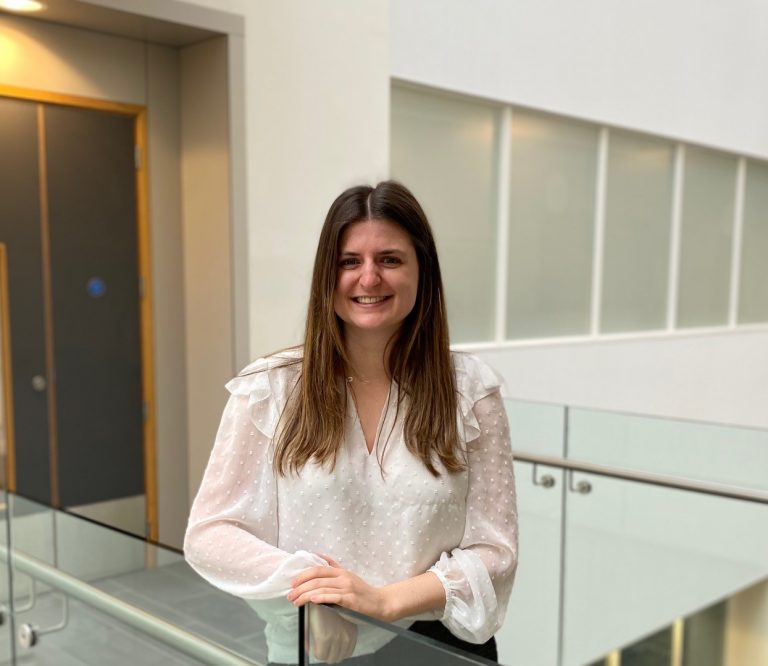So, what kind of things does an O+G job involve?
- Clinics: Unlike other foundation jobs, O+G depends on its foundation doctors to assist in running a variety of clinics. The types of clinics on offer include antenatal, subfertility, general gynae, urogynae, suspected gynae cancers and termination of pregnancy. You rapidly gain skills in letter writing, dictating, and organisation. Whilst running a clinic is overwhelming at first, you rapidly gain lots of new knowledge, such as interpreting semen analysis and the symptoms of prolapse. O+G is a very senior-led speciality, and I was asked to cross-check my plans with a senior for every patient, which was very reassuring.
- Assisting in theatre: Whether you want to do gen surg, ortho or vascular, an O+G rotation is one of the best jobs for theatre experience. There are plenty of opportunities to assist in theatre, and this is often timetabled into your rota. Caesarean sections are always a highlight, and once you have gained your senior colleagues’ trust, there are opportunities to practise skills such as suturing under close supervision. Gynae theatre often requires three separate clinicians, and as the foundation doctor, you’ll often find yourself at the tail end of the patient, manipulating the uterus. This rotation is a fantastic opportunity to gain surgical skills.
- Clinical skills: doctors are often required to perform cannulas for obstetric patients. And in obstetrics, size matters; grey or orange cannulas are the colours of choice! You’ll be required to perform speculum and bimanual examinations in clinics and on-call. As mentioned earlier, this block will allow you to practise your surgical skills. I had the opportunity to remove and insert pessaries, which is a transferrable skill if you’re thinking about pursuing a career in GP.
- Investigations: O+G is pretty hands-on for investigations. One quirk of O+G is that midwives are not always trained/or sometimes reluctant to perform ECGs. Therefore, you’ll need to be able to perform them yourselves (watch that geeky medics video!). You’ll develop your skills in CTG interpretation, alongside your senior clinicians. You’ll take plenty of PV and cervical swabs to look for infections. Urine samples occur for every antenatal clinic patient, as well as a manual BP. Lots of patients require US, and you’ll need to interpret US reports.
- Referrals: during an on-call shift, you receive lots of referrals from ED. These types of referrals include abdo pain and PV bleeding. Many referrals are sent straight to the Early Pregnancy Assessment Clinic, which is run by a combination of doctors, midwives and specialist nurses.
- Ward rounds: compared to medical and surgical jobs, ward rounds are usually pretty light on O+G, which is heaven! They are very senior-led, and the jobs include the normal things such as chasing bloods, imaging, prescribing and discharge summaries.
- QI and audit opportunities: O+G has a big QI/audit culture, so there are plenty of opportunities to join or lead a project.
Why should you consider it?
If you want to pursue a career in surgery, an O+G rotation is one of the best ways to gain surgical experience. Additionally, women’s health is a large component of General Practice; therefore it’s important to get comfortable with skills such as speculums and bimanual.
Things to watch out for:
If you’ve watched/read ‘This is going to hurt’ by Adam Kay, you will already know that O+G can be a very demanding speciality. When things go wrong, they can go very wrong and quickly. This can take its toll emotionally, but as a junior, you are relatively protected from that. Additionally, O+G is known for a bit of a ‘blame game’ culture, so if you’re incident reported – don’t take it personally, it’s all part of the speciality, which is understandable as the stakes are so high.
Final words:
O+G is one of the most varied jobs as a foundation trainee. Unlike some rotations, I felt like I received training on the speciality. I truly felt like I came away from the rotation with new knowledge and skills, which have undoubtedly made me a better doctor.


